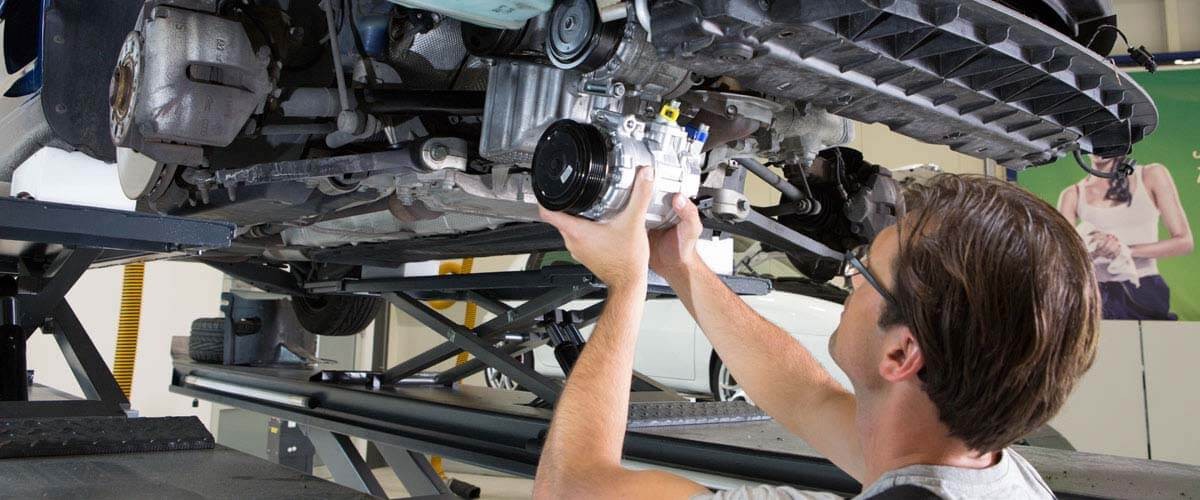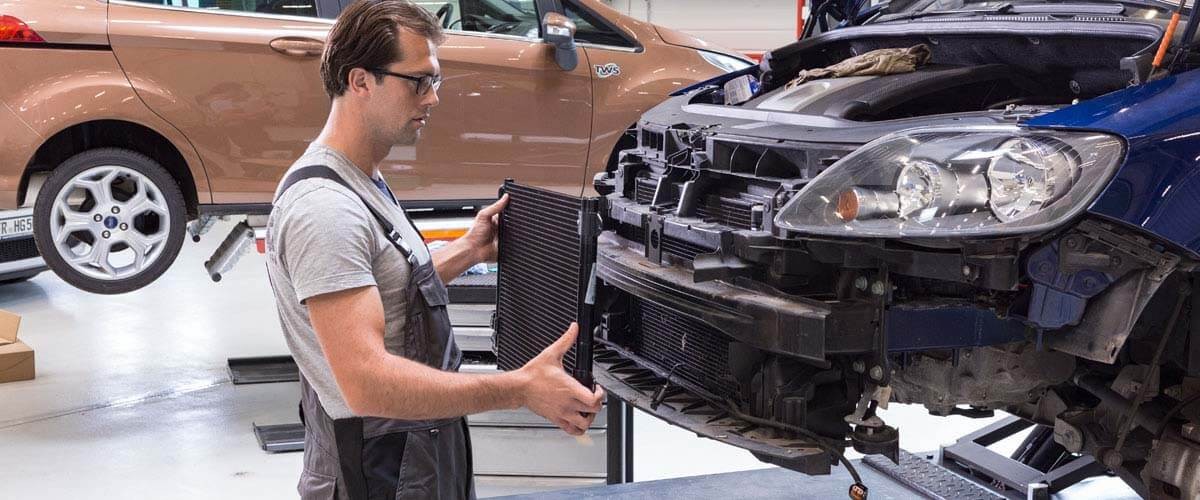Poor or No Airflow: If the fan isn’t spinning or producing insufficient airflow, the engine may overheat because the coolant is not being properly cooled. This indicates a malfunction that requires replacement.
Unusual Noises: Grinding, squealing, or rattling noises coming from the fan often signal a worn-out motor, broken fan blades, or loose components. If these sounds persist, it may be time to replace the fan.
Overheating Engine: If the engine frequently overheats and the radiator fan is not activating when it should, it might be due to a faulty fan or the electrical components controlling it (e.g., temperature sensors or relays). In this case, replacement is necessary.
Electrical Issues: For electric fans, if there are issues like blown fuses, wiring problems, or the fan not responding to temperature signals, it may need to be replaced to restore proper cooling.
Visible Damage: Cracked or damaged fan blades, a broken fan motor, or damage to the fan shroud can cause the fan to stop working effectively, requiring a replacement.
Inconsistent Fan Operation: If the fan runs intermittently or doesn't switch on/off properly, it could indicate a failure in the control system or the fan itself, necessitating replacement.





